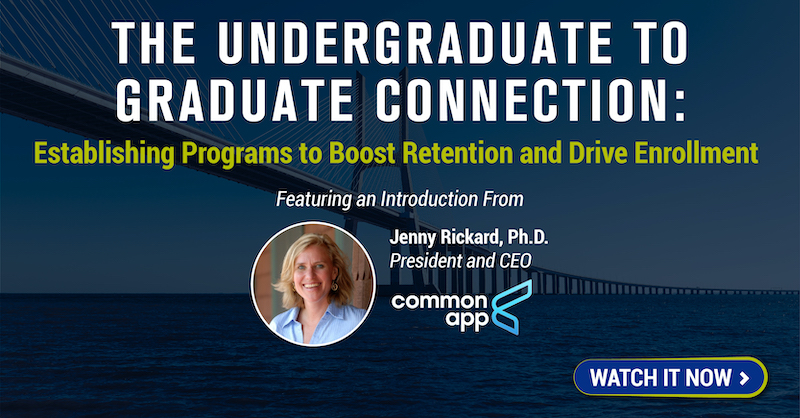Incoming MBA students’ GMAT scores dropped “significantly” this year
Test-optional admission policies and the COVID-19 pandemic have caused Graduate Management Admission Test (GMAT) scores to decline among incoming students at many of the nation’s top business schools. “Of the 37 top-50 MBA programs in the United States for which data is available, average scores for the incoming MBA Class of 2022 fell at 30. Seven of the top 10 schools experienced declines from 2019, averaging 3.6 points… In the top 25, 18 schools saw their scores drop an average of 5.5 points.” Only three of the top 25 business schools reported that average GMAT scores did not go down: UC-Berkeley Haas School of Business, NYU Stern School of Business and Texas-Austin McCombs School of Business. From 2015 through 2020, only three top-25 business schools reported that the average GMAT score of their incoming MBA classes had declined.
Source: Poets & Quants
Most higher-ed faculty are stressed and feeling burnt-out — and it’s getting worse
A recent survey of nearly 600 full- and part-time faculty at two- and four-year colleges and universities found that more than half are experiencing dramatically more stress and symptoms of burnout as a result of COVID-19. “Three out of four faculty reported significant stress as a result of challenges transitioning to new modes of teaching — the largest single source of stress for educators by a wide margin. Nearly two-thirds said that challenges of meeting the emotional and mental health needs of students caused significant stress. While stress was high at the onset of the pandemic, the research found that faculty anxiety appears to be increasing, with more faculty reporting peak stress now than at the beginning of the pandemic.” More than 40% said they are considering leaving their positions because of pandemic-related workplace changes. Faculty are also concerned that COVID-19’s negative repercussions will continue even after the pandemic has subsided: “Nearly two-thirds expect diminished perceptions of the value of higher education, and more than 40% expect an increased economic divide between students who go to elite, in-person colleges and those who attend online or part-time programs.”
Source: eCampus News
Latest Common App numbers raise red flags regarding low-income and first-generation applicants
A new report from the Common App found that “larger and more competitive colleges and universities are having a good year and getting lots of applications. But smaller and less competitive colleges are not. And first-generation students and those who lack the money to pay for an application are not applying at the same rates they used to.” Through mid-January, overall applications had increased by 10% annually (to nearly 5.9 million). However, the number of applications submitted by first-generation students and fee-waiver recipients fell by two and three percentage points, respectively. Among schools with at least 20,000 enrolled students, the number of applications increased by 16%. Those with fewer than 1,000 students reported a 4% decrease. While the number of applicants from China declined by 18%, application volume grew significantly among students from Brazil (41%), Pakistan (37%), India (28%), the United Kingdom (23%) and Canada (22%).
Source: Inside Higher Ed
When hate crimes rise, more Black students choose HBCUs
A new paper published by Stanford University’s Center for Education Policy Analysis examining the relationship between Black student enrollment and state-level hate crime rates has identified “a moderate but consistent connection between increases in a state’s reported hate crimes and increases in Black students attending historically Black colleges and universities (HBCUs) in that state… Notably, the research shows that a standard deviation increase in reports of state-level hate crimes predicts a 20% increase in Black first-time student enrollment at HBCUs, about 33 students.” At the same time, Black enrollment in non-HBCUs declined when hate-crime rates rose in their states.
Source: Diverse Education

